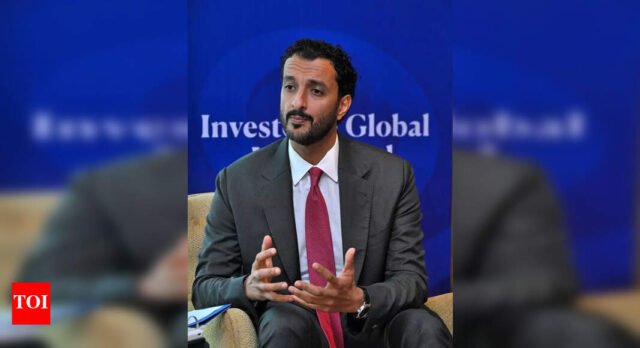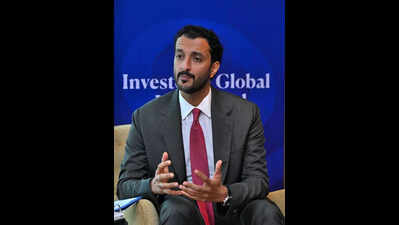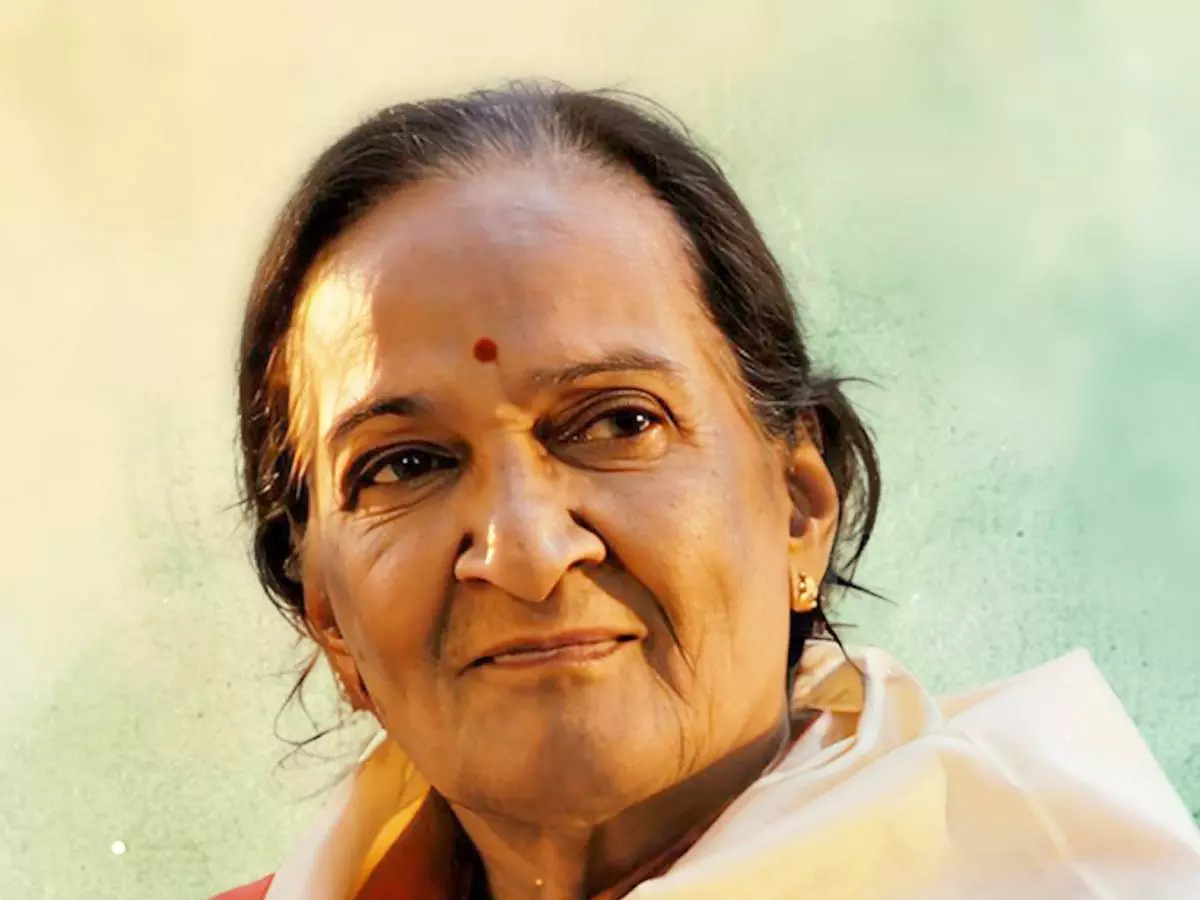Hyderabad: Thanks to the significant boost provided by the Comprehensive Economic Partnership Agreement (CEPA) to the economic relationship between India and the United Arab Emirates (UAE), bilateral non-oil trade is expected to surpass $100 billion annually by 2030, UAE’s Minister of Economy and Tourism, Abdulla bin Touq Al Marri, told TOI here on Thursday.He said UAE is India’s third-largest trading partner globally, and UAE companies are increasingly looking to invest in India not just in sectors such as food processing, infrastructure, and retail, but also in areas such as renewable energy, green hydrogen, waste management and circularity, data centres, defence and space, fintech, and tourism, among others.Speaking on the sidelines of the UAE govt’s Investopia conclave here, the minister pointed out that by the end of Sept 2023, UAE’s direct investments in India reached nearly $17 billion, positioning the UAE as India’s seventh-largest global investor. Indian investments in the UAE amounted to $8 billion, making India the second-largest investor globally in the UAE.“Our mutual investments now total $25 billion, with a substantial 70% directed from the UAE to India,” he said, pointing to the role of the CEPA, which was signed in 2022, in significantly enhancing bilateral trade and investment flows.The minister said that CEPA led to a remarkable surge in trade, with bilateral non-oil trade reaching $65 billion in 2024, marking a 19.7% year-on-year increase. This, he pointed out, is more than double the trade level of $27.9 billion in 2020, prior to the CEPA agreement. The current bilateral trade spans several high-growth sectors, including precious metals, machinery, agritech, iron and steel, and aluminium.“A lot of investments are coming. A lot of trade is coming. The B2B relationship is really pushing the partnership and CEPA to the next level. Our relationship with India is very strategic, which is why of the 15 Investopia events we have done globally, five have been held in India. But now the focus is on deepening the relationship to the state level, which is why we conducted it in Telangana and Andhra Pradesh this time,” he explained.








